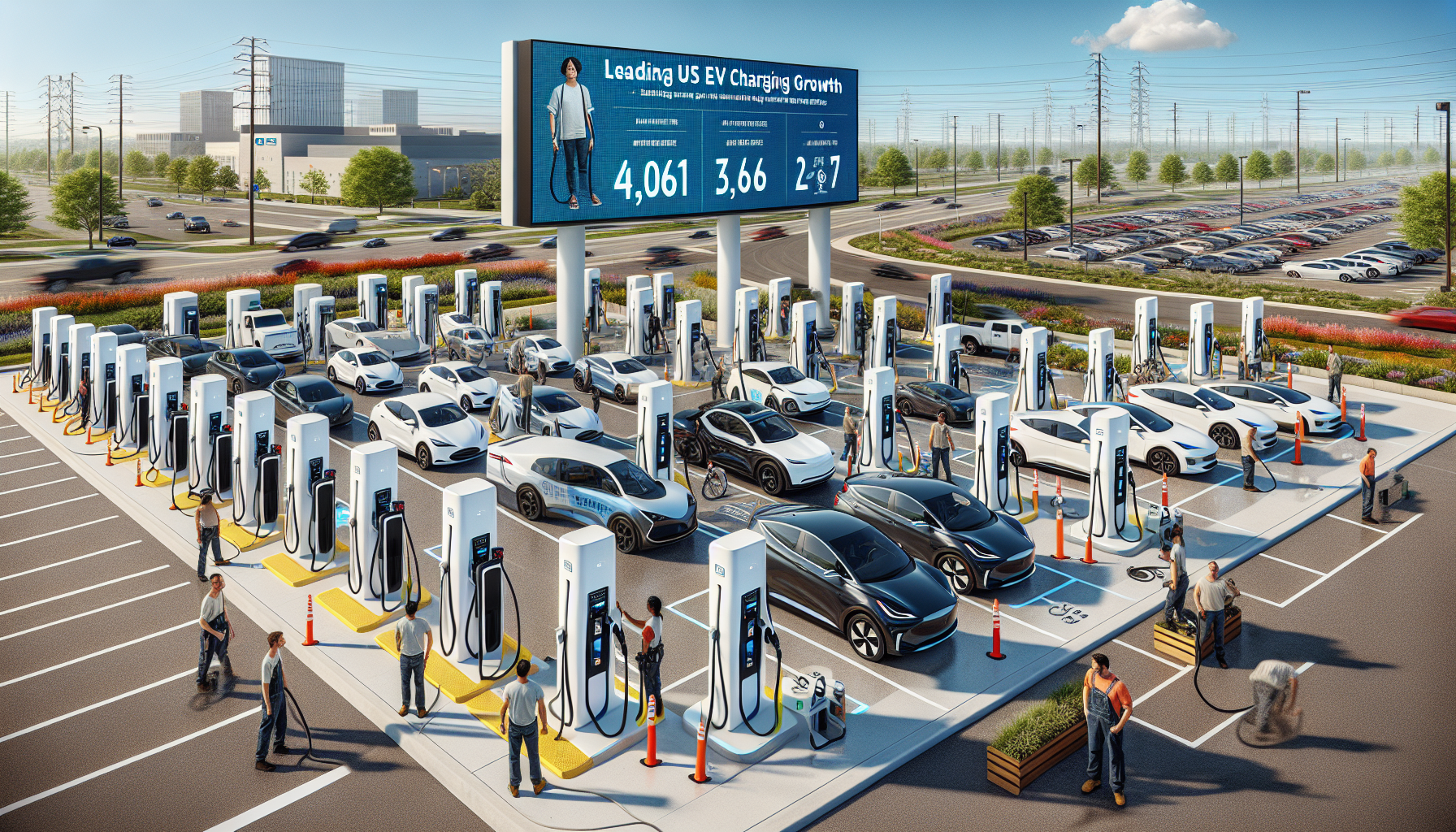The United States added 4,061 new DC fast-charging ports in the third quarter of 2025, bringing the national total to 64,486 across 12,375 stations. Tesla led the growth by installing 1,820 new ports, accounting for nearly 45% of additions, while rivals like ChargePoint and Electrify America trailed behind. This expansion reflects a maturing EV infrastructure market, with reliability improving and prices slightly rising.
According to EV charging data platform Paren's 'State of the US Fast EV Charging Industry Report' for Q3 2025, the US saw a modest slowdown in new station openings, adding 699 sites—a 12% decrease from Q2's 794—yet the total ports reached 64,486. This brings the country closer to Paren's projection of 16,700 new ports by year-end, despite seasonal dips observed in 2024.
Tesla spearheaded deployments with 1,820 new Supercharger ports, surpassing the combined 841 additions from the next nine networks: ChargePoint (300), Red E (215), Electrify America (164), EV Connect (146), EVgo, Ionna, Blink, Pilot Flying J, and Rivian Adventure. Tesla's total now stands at 34,328 ports, holding a 53.2% market share, though its Q3 share was 44.8% as competitors diversified. Smaller and regional operators contributed 21% of new ports, signaling a widening market.
Every state added at least one new station, led by California with 108. The Ionna network, backed by seven automakers including GM and Toyota, opened 12 stations with 132 ports. Red E expanded to third place across 18 states, including sites at Aldi supermarkets.
Summer travel boosted utilization in 45 states, with Maine (+1.9%), Montana (+1.8%), New York (+1.8%), and Oregon (+1.8%) seeing the largest gains. Paren noted shifts as non-Tesla drivers increasingly use Superchargers, leading to slight utilization declines at some rival stations. Reliability rose to 92.3% from 92.1%, with 32 states improving; Oklahoma gained +4.4 points to 73.3%, the lowest overall.
Average pricing increased by one cent to $0.49 per kWh, ranging from $0.42 in Nebraska to $0.85 in Hawaii. Paren attributes reliability gains to operator maintenance and site age, emphasizing upkeep as federally funded chargers proliferate.

